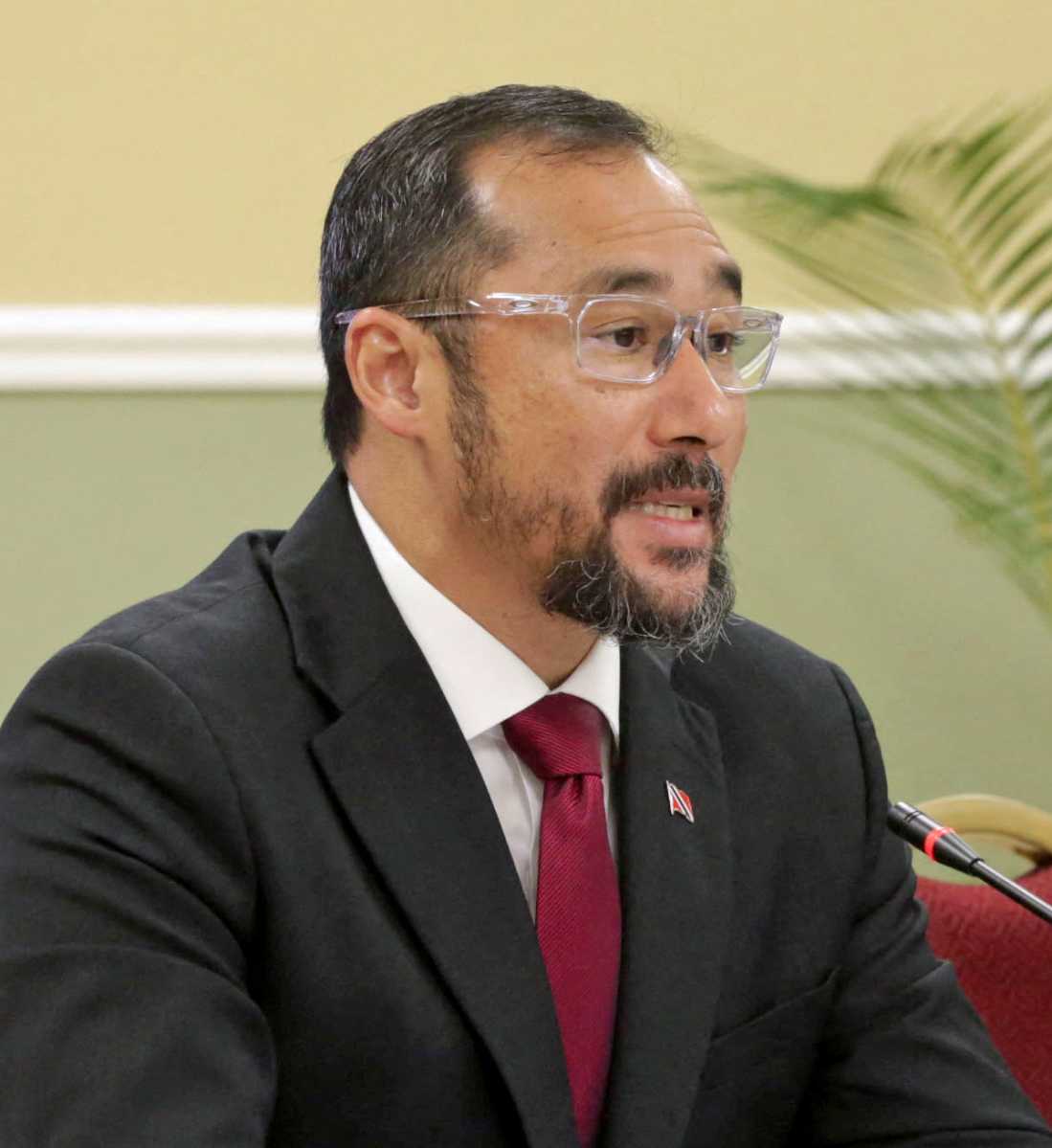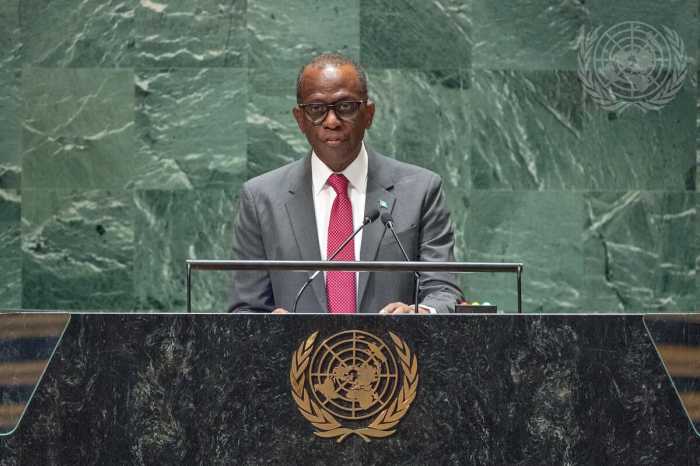Trinidad’s new government has succeeded in backdating legislation to prevent the country’s shortest-serving prime minister from being entitled to a monthly pension of just over nearly $12,000.
Stuart Young, 50, served as prime minister of the federation with Tobago for less than two months after his predecessor, Keith Rowley, retired and maneuvered him into the position. This was just weeks before the April 28 general elections, in which the then-governing People’s National Movement (PNM) lost to the main opposition.
Both the federation’s house and senate voted no to him being entitled to the prime minister’s pension as he had only served from mid-March to the end of April when he handed over power to the United National Congress (UNC) of Prime Minister Kamla Persad-Bissessar. The new minimum requirement is now one year.
Rebelling against the bill, Young, who won his city seat in the elections, argued that “this bill specifically targets me as a former prime minister. The bill’s retroactive application to March 10th, 2025, is constitutionally illegal as it is ad hominem, a law that targets a specific individual. I will not support any ad hominem legislation and the abuse of the constitution. As a matter of principle, it is my view that I should not participate in or be present for the parliamentary debate of this bill.”
In the upper house, Senator Mike Simon Victor de la Bastide contended that it was “a grave error” for the law to allow Young to take home a hefty pension, noting that it would be unfair to struggling locals. “It is a startling inequity where you have people who may be working every day, some of them, as the minister said, are going without a pension. And their taxes are going to fund a pension that is being given to someone who has maybe 30 days of service but who is walking away with a pension of $87,000, so I think the objective of the bill is to rectify that kind of inequity,” he said.























